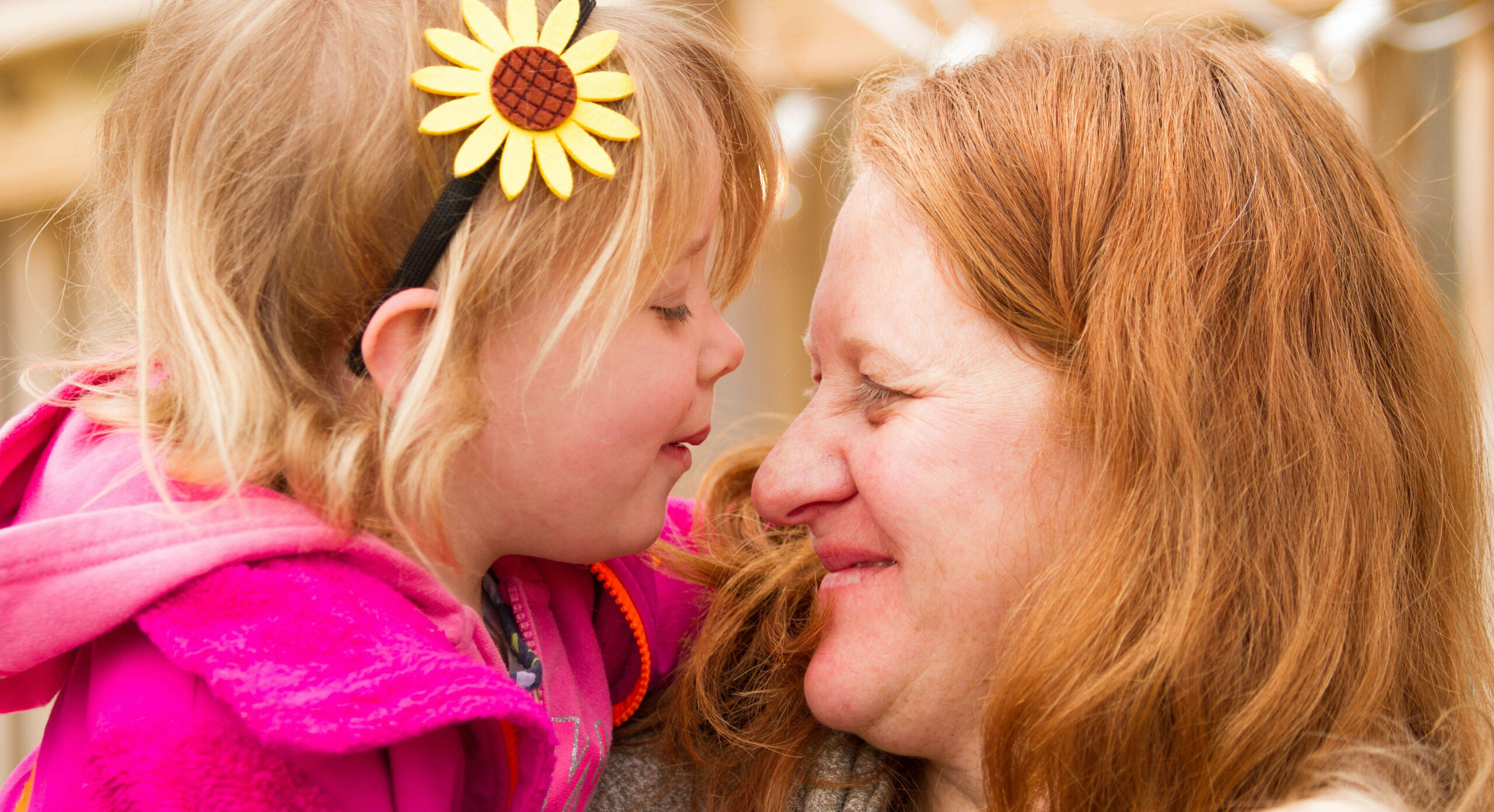
Erica & Josie
Erica has this advice for the caregivers of children with cancer, “Find other families in the cancer community and tell each other your stories. There is strength is hearing what others have been though.”
Our Families

Erica has this advice for the caregivers of children with cancer, “Find other families in the cancer community and tell each other your stories. There is strength is hearing what others have been though.”